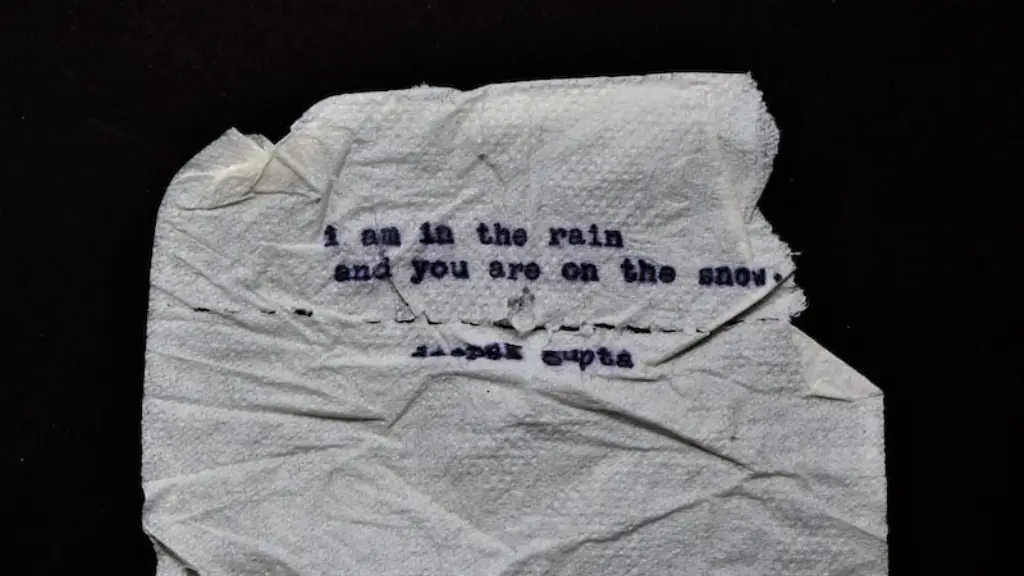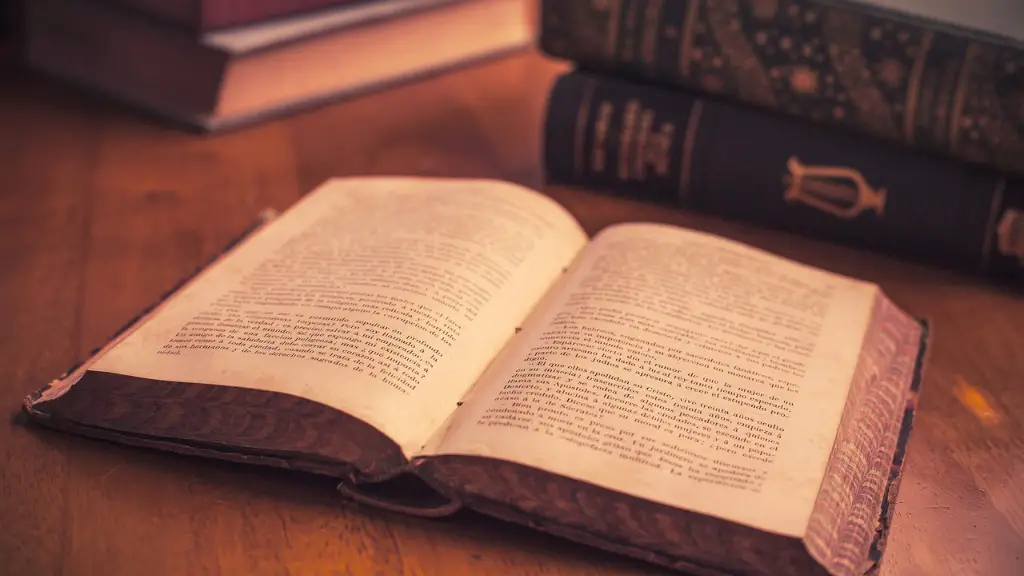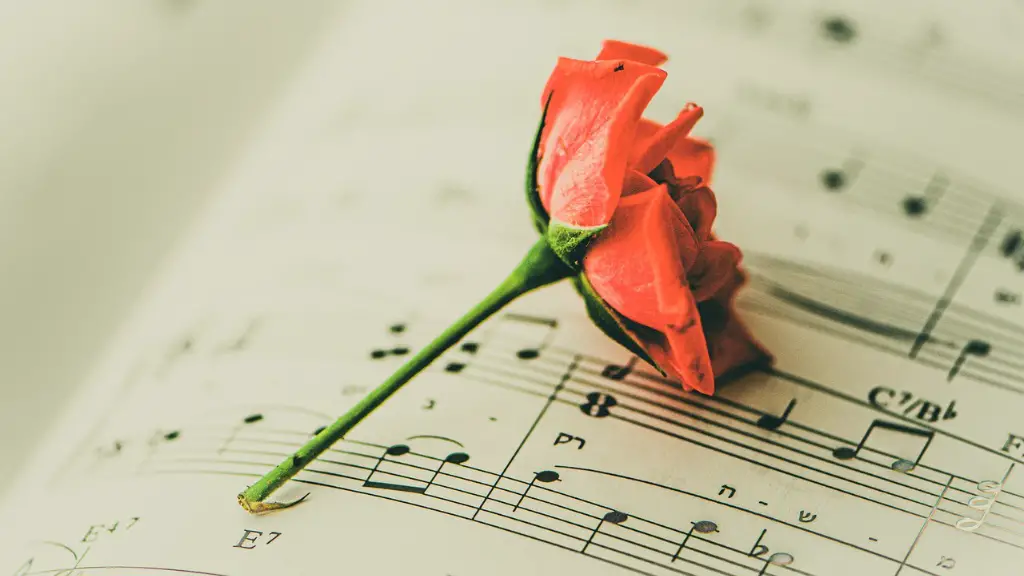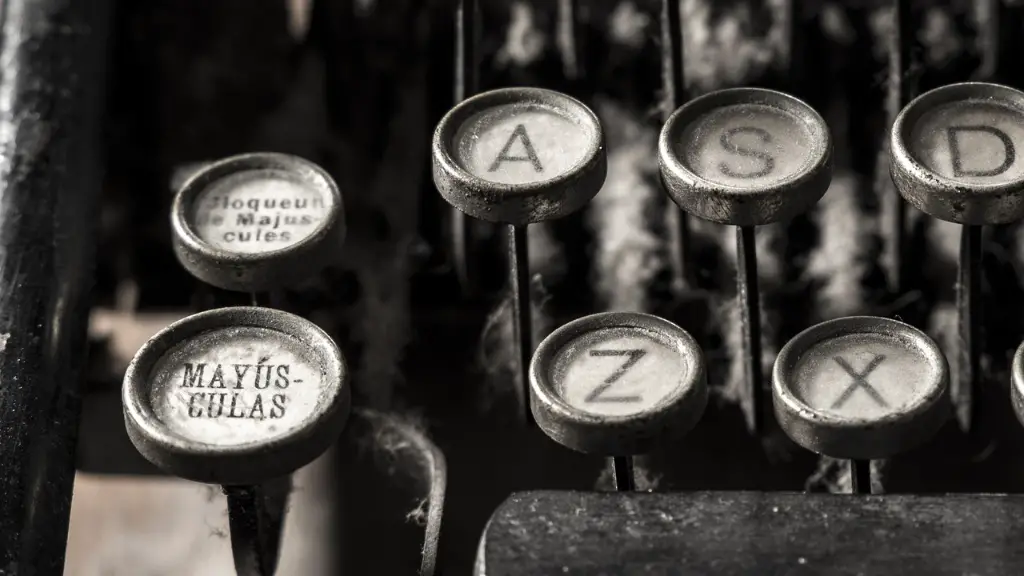There is no one answer to the question of what faith was Emily Dickinson. A prolific and enigmatic poet, Dickinson was a deeply private person who rarely spoke about her religious beliefs. However, through a close reading of her poetry, it is possible to glean some insight into her spiritual views.Dickinson was raised in a traditional Christian household and attended church regularly as a child. However, as she grew older, she increasingly began to question the teachings of the church. In many of her poems, Dickinson expresses a deep skepticism of organized religion and conventional ideas about God. For Dickinson, true faith seems to be something that exists beyond the bounds of conventional religion. It is an internalized spirituality that is intimately connected to the natural world. Dickinson’s faith is often expressed in language that is both mystical and nature-based. For her, the divine is not something that is removed from the everyday world, but is instead something that is deeply intertwined with the beauty of the natural world.
Emily Dickinson’s religious beliefs are a matter of some debate. She was raised in a Calvinist household and attended a Congregationalist church, but there is evidence that she later adopted more liberal views. Some scholars believe that she became a Universalist, while others believe she may have been an agnostic.
Was Emily Dickinson a Puritan?
Dickinson’s poetry is characterized by its focus on the individual self, the inner life, and the afterlife. Her work is often dark and mysterious, and deals with themes of death and immortality. Dickinson was heavily influenced by the Metaphysical poets of seventeenth-century England, as well as her reading of the Book of Revelation and her upbringing in a Puritan New England town, which encouraged a Calvinist, orthodox, and conservative approach to Christianity. These influences can be seen in her poems about death, God, and the soul.
Dickinson’s well-known near-absence of any interest in politics can be seen as a political act in and of itself. By not engaging with social subjects, Dickinson implies that they are unimportant or irrelevant to a life of reasonable privilege. In doing so, Dickinson sets himself apart from the majority of Americans who were deeply invested in the political process.
What Bible did Emily Dickinson read
Dickinson’s familiarity with the Bible was clearly evident in her work, as she often made references to its stories and characters. The Bible was clearly a source of inspiration for her, and she often turned to it for guidance and comfort.
Emily Dickinson was a romantic, transcendentalist poet in the nineteenth century in the United States. Emily Dickinson’s biography displays the influences and forces that affected her writing. Dickinson was greatly influenced by Ralph Waldo Emerson and Henry David Thoreau. She was also influenced by the Bible and her Puritan heritage. Dickinson’s poetry is characterized by its use of nature imagery, its focus on the individual, and its use of simple, elegant language.
What are 3 interesting facts about Emily Dickinson?
Emily Dickinson was one of the most important American poets of the 19th century. Though only ten of her poems were published during her lifetime, her work has since been celebrated for its wit, intelligence, and insight.
Dickinson was born in Amherst, Massachusetts, to a family of devout Calvinists. Her father, Edward Dickinson, was a United States Senator. Dickinson was an avid reader and student in her youth, and developed a love of botany.
In her adulthood, Dickinson became increasingly reclusive, living a largely solitary life. It is believed that she had several mysterious love affairs, though none were ever confirmed.
Dickinson’s work continues to be popular and influential. She is considered one of the most important American poets of the 19th century.
Emersonianism is a school of thought that favors the idea of innate greatness of soul over Puritanism, which sees man as innately depraved. To Transcendentalist thinker and writer Ralph Waldo Emerson, greatness of soul was the source of immortality. To Elizabeth Peabody, Emerson’s contemporary and fellow Transcendentalist, the God of the Bible was alternately real, mythical, and unlikely. Peabody’s views on religion were complex and evolving; she ultimately rejected the idea of innate depravity, instead favoring the Emersonian ideal of innate greatness.
How did Emily Dickinson feel about slavery?
While Dickinson did not make political comments about slavery unlike Thoreau or Whitman, she was not totally indifferent to the issue. In fact, her attitudes toward slavery and African Americans were quite unstable and inconsistent. This was likely due to the fact that the issue was so divisive among Americans at the time.
There is evidence to suggest that Emily Dickinson and Susan Gilbert had a lifelong love affair. This is supported by scholarship which indicates that the two women were close friends from childhood and remained living next door to each other throughout their lives. It is also worth noting that Susan Gilbert became Emily Dickinson’s sister-in-law after she married Emily’s brother Austin Dickinson.
What caused Emily Dickinson’s death
The researchers concluded that Anne Boleyn died of heart failure induced by severe hypertension. The symptoms of severe headache and nausea mentioned in her letters, and her deathbed coma punctuated by raspy and difficult breathing, all point to this conclusion. Hypertension is a serious condition that can lead to heart failure if left untreated. Anne Boleyn’s death was likely caused by the strain of her illness combined with the high blood pressure.
I really loved the moment when Emily revealed her love for Sue. I felt like it was written really well, and it avoided some of the more typical coming-out moments. There wasn’t any shock or shame involved – it almost felt like it was something that was intrinsic to who she was.
What is Emily Dickinson most famous quote?
Hope is a powerful thing. It’s the light that guides us through the dark times, the voice that whispers that everything will be alright. Hope is the thing with feathers, always there to remind us that we are not alone.
The show is not a biography of Dickinson’s life. It is a fictional exploration of some of the known facts about Dickinson and the traits and concepts found in her poetry. It also includes references to historical events that happened within Dickinson’s lifetime and cultural norms of the 1800s.
What kind of personality did Emily Dickinson have
Emily is an INFP, which means she is generally reserved, idealistic, and adaptable. She enjoys being alone or with small groups of people and likely prefers to listen to and contemplate while in discussions.
Emily Dickinson’s writing style is most certainly unique. She used extensive dashes, dots, and unconventional capitalization, in addition to vivid imagery and idiosyncratic vocabulary. Instead of using pentameter, she was more inclined to use trimester, tetrameter, and even dimeter at times. This made her style very difficult to imitate, and it is one of the things that made her one of the most important poets of her time.
Did Dickinson and Thoreau meet?
Despite being contemporaries and living relatively close to one another, there is no evidence that Dickinson and Thoreau ever met. This is likely due to the fact that they led very different lifestyles – Thoreau was a writer and philosopher who preferred to spend his time outdoors, while Dickinson was a more reclusive poet who preferred to stay at home.
Emily Dickinson was an iconic figure in American literature, known for her poetic works that explored topics like death and love. One of her most famous poems, “I must go in, the fog is rising” was written in her final days as she battled Bright’s disease. In the poem, Dickinson reflects on her own mortality and the fog that is slowly enveloping her. Even in her final moments, Dickinson’s words are beautiful and poignant, serving as a reminder of the lasting impact she has had on the world of poetry.
Warp Up
The poet Emily Dickinson was raised as a Calvinist in the strict Puritan tradition of her father’s New England family. However, as she matured, she began to question the theology of her forebears, eventually coming to reject many of their fundamental beliefs. While she never formally aligned herself with any particular faith, she appears to have settled on a kind of personal spirituality that was informed by her readings in Eastern religions and her own mystical experiences.
In conclusion, Emily Dickinson’s faith was very important to her. It was a big part of her life and she was very committed to it.





